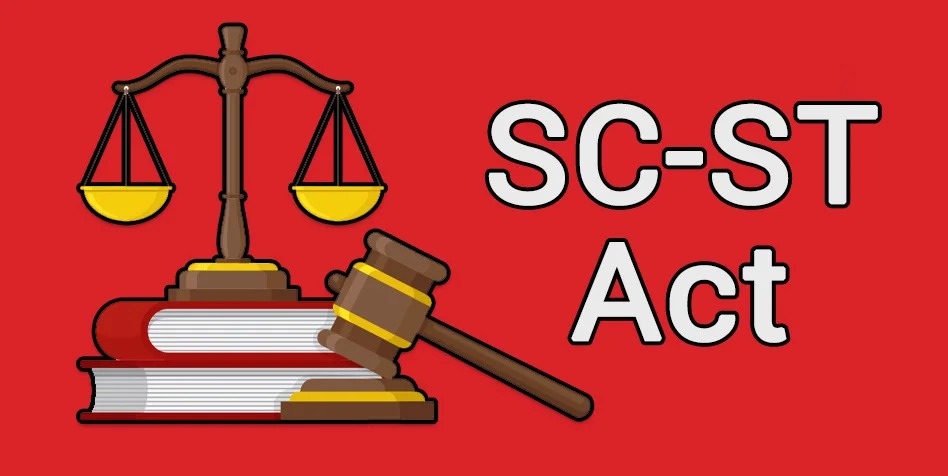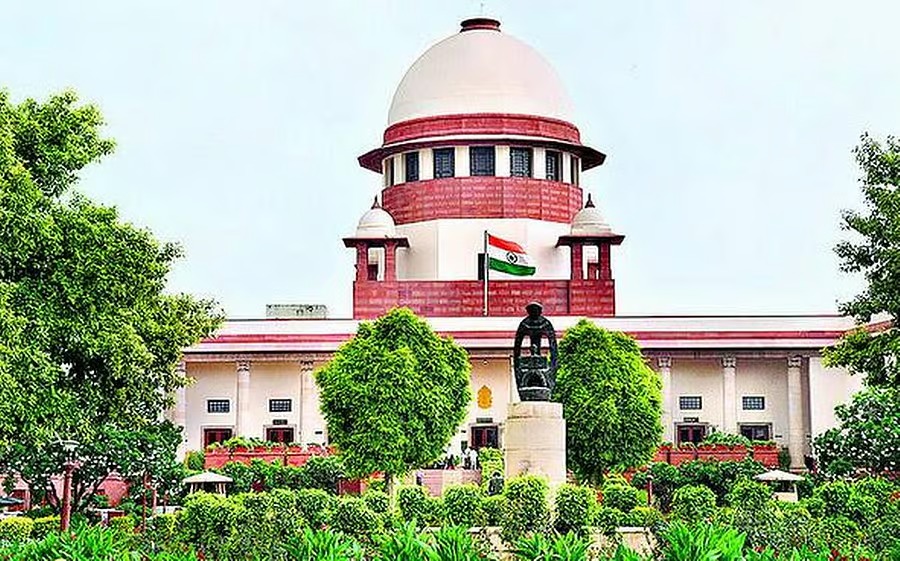Sadhan Kumar Gupta, J.@mdashThis appeal has been preferred against the judgment dated 20.1.2002 passed by the learned M.A.C. Tribunal, 9th Court, Alipur in M.A.C. Case No. 92 of 1998. The fact of the case is that on 11.6.1996 at about 2.30 p.m. near Triveni Sheet Glass Factory, Decherla Village, District West Godabari, Andhra Pradesh, the vehicle bearing No. WMO/5934 which was coming to Calcutta from Hyderabad met with an Accident. Due to the failure of the brake it dashed against a stationary truck and as a result of that the driver lost control and again dashed against a big roadside tree and ultimately the vehicle in question fell down on the drain. As a result of that, the claimant, being the driver of the vehicle, sustained severe injuries on his person and ultimately his leg was amputated making him permanently disabled. The petitioner has filed the present claim application praying for compensation to the extent of Rs. 6,00,000/-. The case was contested by the O.P. New India Assurance Co. The learned Tribunal after perusal of the evidence and other materials on record came to the finding that the claimant was entitled to get Rs. 5,43,000/- from both the O.Ps, Being ggrieved and dissatisfied with the said finding of the learned Tribunal, present appeal has been preferred by the O.P. Insurance Company.
2. The learned Counsel for the appellant Insurance Company mainly argued that as the victim was the driver of the offending vehicle, his case is not covered by the insurance agreement in view of the provisions laid down u/s 147 of the Motor Vehicles Act. Mr. D.K. Das, learned Counsel for the appellant relied on the judgment in the case of United India Insurance Co. Ltd. v. Smt. Draupadi Devi reported in 2001 (1) T.A.C. 467, and
3. We have considered all those decisions as cited by the learned Advocates for both the sides. Learned Advocate for the O.R Insurance Co. argued that in view of the provisions of Section 147 of the Motor Vehicles Act the insurer is not liable to pay compensation in respect of injury or death of the driver of the offending vehicle. Section 14 of the Motor Vehicles Act provides that a policy shall not be required to cover liability in respect of the death, arising out of and in the course of his employment, of the employee of a person insured by the policy or in respect of bodily injury sustained by such an employee arising out of and in the course of his employment other than a liability arising under the Workmen''s Compensation Act, 1923, in respect of death or bodily injury to any such employee who is engaged in driving the vehicle. But if we look into the provisions of Section 167 of the Motor Vehicles Act then it will appear that it has been clearly stated therein to the effect "Option regarding claims for compensation in certain cases-Notwithstanding anything contained in Workmen''s Compensation Act, 1923, where the death of, or bodily injury to, any person gives rise to a claim for compensation under this Act and also under the Workmen''s Compensation Act, 1923 (8 of 1923), the person entitled to compensation may without prejudice to the provisions of Chapter X claim such compensation under either of those Acts but not under both." This section has allowed the claimant to prefer his claim in either of the two Forums viz., M.A.C.C. Tribunal or the Workmen''s Compensation Commissioner, but not in the two Forums at a time. In this case, the claimant has preferred the Motor Accident Claims Tribunal as his forum and, as such, we find that there is nothing wrong in it. Moreover, if we look into the insurance policy then also it will appear that the said policy covered the legal liabilities of the owner to the persons employed in connection with the operation and/or maintaining and/or unloading of motor vehicles and a separate sum as premium was paid for the said purpose. Therefore, on facts it appears that in the present case, the driver, being an employee under the owner for operation of the vehicle, is covered by the Insurance Agreement itself.
4. So far as the present case is concerned, it appears that the claim application was filed before the Tribunal u/s 163A read with Section 166 of the Motor Vehicles Act. In assessing the amount of compensation the Tribunal has applied the Second Schedule of the Act. Clause 5 of the said Second Schedule reads as follows:
Disability in non-fatal Accidents-
The following compensation shall be payable in case of disability to the victim arising out of non-fatal Accidents: Loss of income, if any, for actual period of disablement not exceeding fifty-two weeks.
PLUS either of the following-
(a) In case of permanent total disablement the amount payable shall be arrived at by multiplying the annual loss of income by the multiplier applicable to the age on the date of determining the compensation, or
(b) In case of permanent partial disablement such percentage of compensation which would have been payable in the case of permanent total disablement as specified under item (a) above.
Injuries deemed to result in Permanent Total Disablement/permanent partial disablement and percentage of loss of earning capacity shall be as per Schedule I under Workmen''s Compensation Act, 1923.
5. It appears from the said Clause 5 it has been provided therein that in case of permanent partial disablement, the claimant will be entitled to compensation and percentage of loss of earning capacity shall be as per the schedule as mentioned under Workmen''s Compensation Act, 1923. It appears from the evidence on record that the claimant has adduced evidence in support of his claim of injury. The medical certificate as issued by the doctor has opined that the claimant has sustained permanent disablement to the extent of 80%. On perusal of Schedule I under the Workmen''s Compensation Act we find that the case of amputation of one leg below the right hip with stump of 4� as has occurred in the case of the present victims, 80% is the loss of earning capacity. The Tribunal also took the loss of earning capacity of the petitioner to the extent of 80% on the basis of the medical opinion as well as per Schedule 1 of the Workmen''s Compensation Act, 1923. The Tribunal discussed the evidence regarding the monthly income of the claimant on the basis of the available evidence and he came to the conclusion that the monthly income of the claimant was about Rs. 2,500/- and, as such, the annual income of the claimant was Rs. 2,500 x 12: 30,000/-. The claimant was within the age group of 25 to 30 and, as such, the learned Tribunal has rightly taken the multiplier of 18 to be applied in connection with this case. On the basis of all those things the total amount of compensation awarded to the petitioner was Rs. 30,000 x 18: Rs. 5,40,000/-. It was pointed out at the time of hearing that although 80% was the disability but the learned Tribunal considered the disability to be 100% which is not permissible. But if we look into the nature of the injury as sustained by the claimant then it will appear that as a result of the Accident the petitioner''s left leg was amputated above the knee. As such, it is clear that the petitioner is now not in a position to perform his duty as a driver of a motor vehicle any further. It means that as a result of the Accident he was totally deprived of his earning capacity to which he was entitled prior to the Accident. As such, in our opinion it should be treated that the nature of the injury as sustained by the claimant as a result of the Accident completely disabled his earning capacity and, as such, we are of opinion that the learned Tribunal is perfectly justified in holding that as a result of the injury the petitioner was totally disabled and lost his full earning capacity. So, we fully agree with the finding of the learned Tribunal that in arriving at a decision regarding the compensation amount to be awarded in favour of the claimant, his total income which he was earning prior to the Accident should be taken into consideration. In view of the matter, we find nothing wrong in arriving at a decision by the learned Tribunal to the effect that the claimant is entitled to get compensation to the extent of Rs. 5,40,000/- from the O.Ps.
6. Argument had been advanced referring to Indian Motor Tariff, but in view of the specific provisions as have been discussed hereinabove, we do not feel it necessary to discuss the provisions of the said India Motor Tariff nor we are of opinion that its application is necessary so far as the present case is concerned.
7. In view of the above discussion, we are of opinion that there is no scope for interference in the judgment passed by the learned Tribunal and, as such, we think that it should be confirmed. In the result the appeal fails. Judgment passed by the learned Tribunal is confirmed.
8. Send back the Lower Court record along with the copy of the judgment to the Court below at once. The Insurance Company is directed to comply with the direction of the Tribunal within six weeks, failing which the claimant will be entitled to realise the amount as per law. The claimant is permitted to withdraw the amount which is lying in deposit.
9. Xerox certified copy, if applied for, may be handed over to the parties on urgent basis.
Alok Chakrabarti, J.
I Agree.

